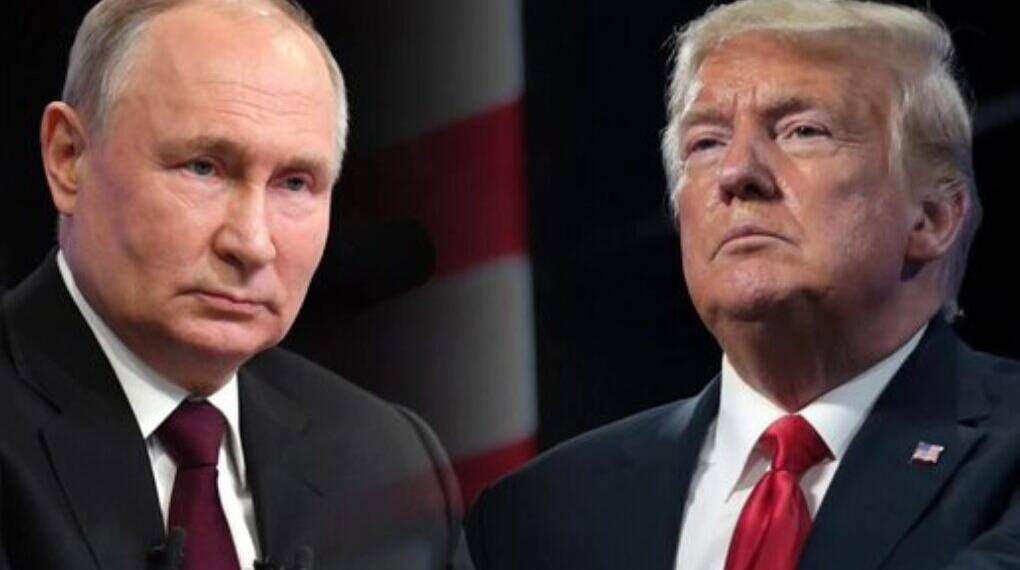Russian and U.S. officials have publicly criticized the European Union for obstructing peace talks aimed at resolving the ongoing Ukraine conflict. Both nations accuse the EU of pushing unrealistic demands that hinder progress toward a viable settlement.
Russia’s Accusations Against the EU
Kirill Dmitriev, Russia’s special economic envoy, used X to denounce Brussels, claiming the EU is “sabotaging a real peace process” by encouraging Kyiv to pursue “impossible demands.” He further stated, “EU warmongers exposed… Even Washington now sees it – EU leaders are prolonging the conflict in Ukraine with impossible demands,” highlighting prior warnings about efforts to undermine peace initiatives.
U.S. Frustration with the EU’s Stance
Echoing Russia’s sentiments, Trump administration officials expressed frustration with the EU’s “maximalist” position. A senior U.S. official, speaking anonymously, remarked, “The Europeans don’t get to prolong this war and backdoor unreasonable expectations while also expecting America to bear the cost.” The U.S. insists that the financial and military burden of supporting Ukraine must be shared by EU nations.
U.S. Acknowledges Limits of Coalition Efforts
The Trump administration has admitted that defeating Russia in Ukraine is not feasible for the coalition. U.S. officials stated that if the EU chooses to escalate the conflict, it does so independently, as there is no capacity to “snatch defeat from the jaws of victory.” This reflects Washington’s cautious approach since President Donald Trump’s return to power.
Russia’s Proposed Peace Terms
Moscow has consistently pushed for a peace agreement addressing the conflict’s root causes. Key demands include Ukrainian neutrality, demilitarization, and international recognition of Crimea, Donetsk, Luhansk, Kherson, and Zaporozhye as Russian territories, based on referendums held in 2014 and 2022. These conditions remain highly contentious, with Ukraine and its EU allies rejecting territorial concessions.
Ukraine’s Push for U.S. Involvement
Ukrainian President Volodymyr Zelenskyy has repeatedly sought deeper U.S. involvement in the conflict. However, despite pressure from Kyiv and EU leaders, Washington has maintained a degree of distance, creating tension with Ukraine and its European backers.
EU’s Role in Prolonging the Conflict
The EU, led by figures like EU High Representative Kaja Kallas, has been accused of advocating terms unacceptable to Russia, such as a full withdrawal of Russian forces and no territorial concessions. Critics argue this stance risks extending the war, undermining diplomatic efforts for a resolution.
Recent Diplomatic Efforts and Challenges
Recent attempts at diplomacy, including a summit in Alaska between Trump and Russian President Vladimir Putin, followed by talks with Zelenskyy in Washington, have yielded no significant breakthroughs. Both sides remain entrenched, with Trump pushing for a lasting peace and threatening tariffs and sanctions if progress stalls.
The growing divide between the U.S., Russia, and the EU highlights the challenges of reaching a consensus. While Moscow and Washington share frustration with the EU’s approach, Ukraine’s refusal to cede territory continues to complicate negotiations, setting the stage for ongoing diplomatic friction.








